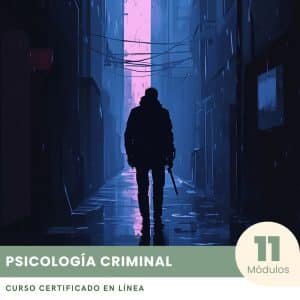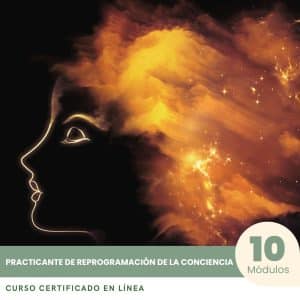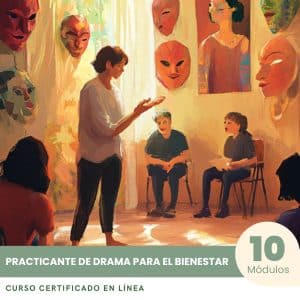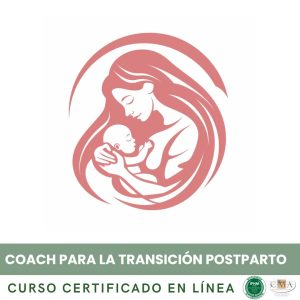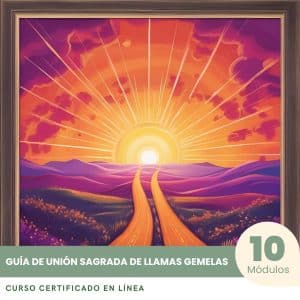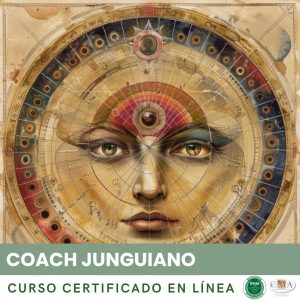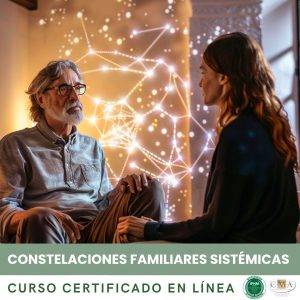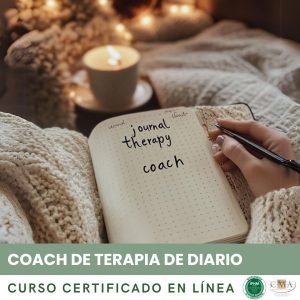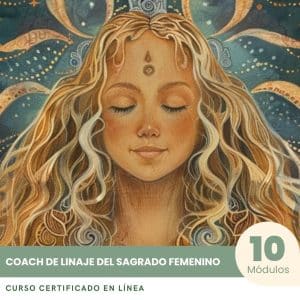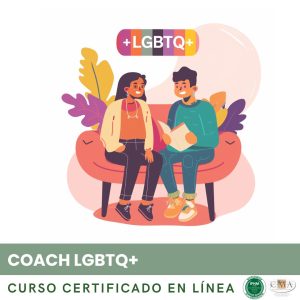7.5 – Guided journaling for introspection

Guided journaling is a powerful tool for introspection and reflection in Ikigai coaching. It allows the client to connect with their inner world, explore their thoughts, emotions, and deep aspirations through writing. By offering targeted reflection questions and themes, the coach encourages the client to delve into a self-discovery process and clarify their Ikigai.
Journaling provides a safe and confidential space where the client can express themselves freely, without judgment or censorship. By putting their reflections on paper, the client shapes and substantiates their inner experience, clarifies their ideas, and gains perspective on their situation. The writing process facilitates the emergence of insights, realisations, and new perspectives on self and life path.
During an Ikigai coaching session, Sophie, a client seeking purpose, was invited by her coach to keep a reflection journal for several weeks. Every day, she took time to answer questions like “What particularly excited or inspired me today?”, “In which activities do I feel most alive and aligned?” or “If I listened to my heart, what direction would I take in my life?”. Over the pages, Sophie noticed recurring themes, such as her love for nature, her desire to contribute to the well-being of others, and her passion for crafts. These revelations provided invaluable guidance in clarifying her Ikigai.
The coach may suggest different formats and media for guided journaling, depending on the client’s preferences and learning style. This can take the form of a handwritten journal, a digital document, or even audio recordings. The key is that the client feels comfortable and free in their expression.
The questions and reflection themes proposed by the coach follow a logical progression related to the different dimensions of Ikigai explored in previous modules, such as passions, talents, values, and the world’s needs. The coach can encourage the client to deepen their reflection on these aspects through open questions and creative exercises.
For example, to explore passions, the coach may ask the client to compile a list of 100 things they love to do, without self-censorship. To clarify values, they may invite the client to describe an ideal day in their life, noting what makes that day so fulfilling. To identify talents, they may suggest the client tell a story of a success they are particularly proud of, detailing the strengths and skills used.
Throughout the coaching sessions, the coach invites the client to re-read their writings, looking for recurring themes, patterns, and new insights. They encourage further reflection on the most promising thoughts, connecting them with concrete experiences, and drawing learnings for their journey towards their Ikigai.
Marc, a client in professional transition, kept a reflection journal focused on his aspirations and dreams. Upon re-reading his writings, he became aware of his deep desire for freedom, adventure, and creativity. This clarity guided his decision to leave his salaried job to start his own innovation consulting business, aligned with his Ikigai.
It’s important to note that guided journaling is not a one-time exercise but a practice to cultivate over time. The coach encourages the client to incorporate journaling into their daily routine, at their own pace and in their preferred manner. They remind the client that consistency and authenticity in writing are key, without seeking perfection or performance.
To support the practice of journaling between sessions, the coach can offer supplementary resources to the client, such as inspiring question lists, quotes, or excerpts from personal development and meaning-seeking literature.
In summary, guided journaling is a valuable tool for introspection and reflection in Ikigai coaching. By providing targeted reflection questions and themes, the coach invites the client to explore their inner world, clarify their deep aspirations, and bring forth enlightening insights on their life path. Integrated into a comprehensive exploration approach of the Ikigai, in connection with other tools like self-assessment questionnaires, visualization exercises, and mindfulness practices, guided journaling offers the client a privileged space to connect with themselves, make sense of their experience, and carve their path towards an Ikigai that brings fulfillment and contributes to the world.
Takeaways:
– Guided journaling is a powerful introspection and reflection tool in Ikigai coaching, enabling the client to connect with their inner world, explore their thoughts, emotions, and deep aspirations.
– By putting their reflections on paper, the client clarifies their ideas, gains perspective, and facilitates the emergence of insights and new life path perspectives.
– The coach offers targeted reflection questions and themes, related to the Ikigai dimensions (passions, talents, values, world needs), encouraging the client to deepen their reflection.
– Different journaling formats can be used (written, digital, audio) according to the client’s preferences. The key is that they feel comfortable and free in their expression.
– The coach encourages the client to re-read their writings, look for patterns and new insights, to draw lessons for their journey towards their Ikigai.
– Guided journaling is a practice to cultivate over time. Consistency and authenticity in writing are key, without seeking perfection.
– Integrated into a comprehensive exploration approach of the Ikigai, connected with other tools, guided journaling offers the client a privileged space to connect with themselves, make sense of their experience, and carve their path towards a fulfilling Ikigai that contributes to the world.
👉 To download docx (Editable) file click here : Click here
👉 To download PDF file click here : Click here
👉 To download MP3 file click here : Click here




